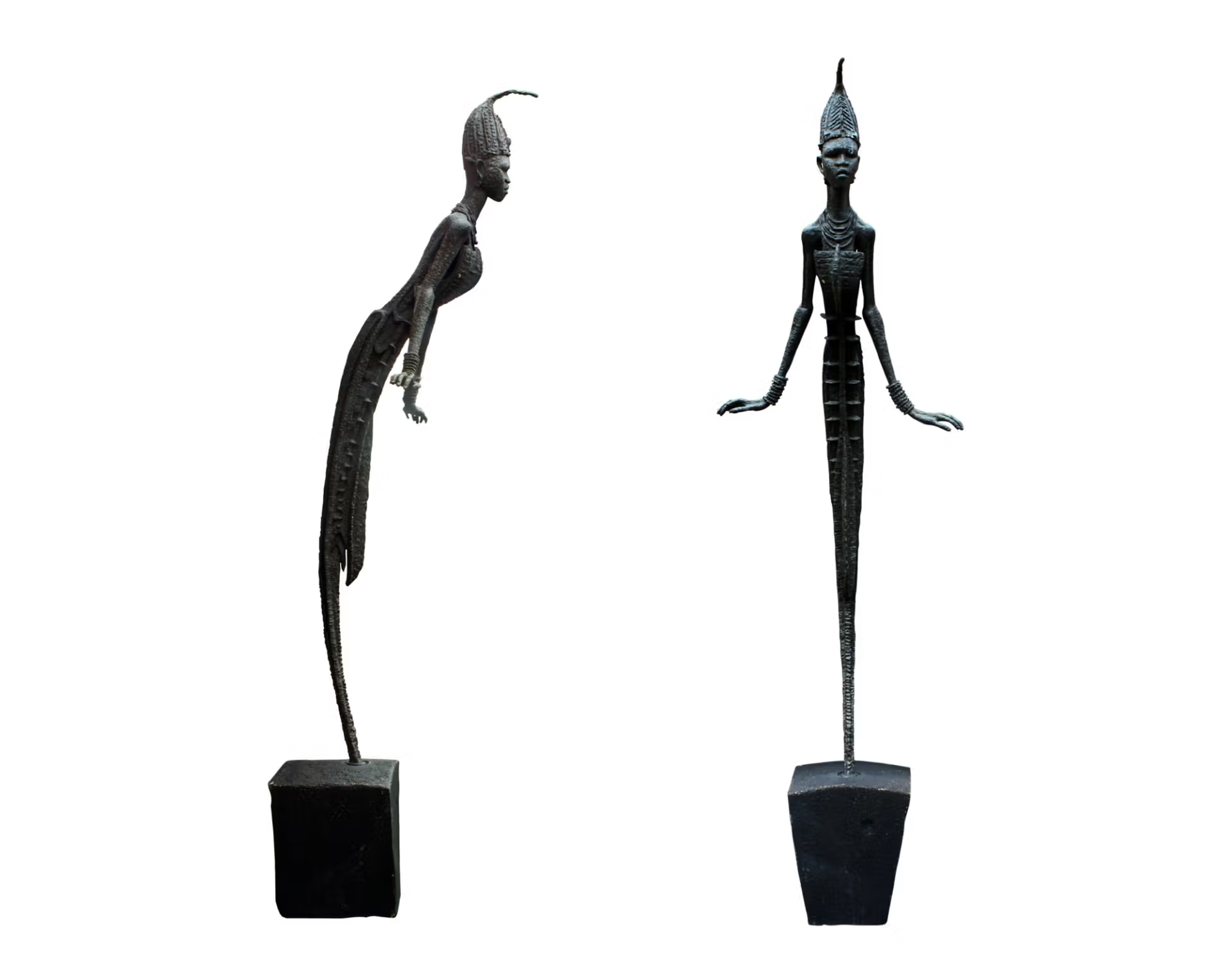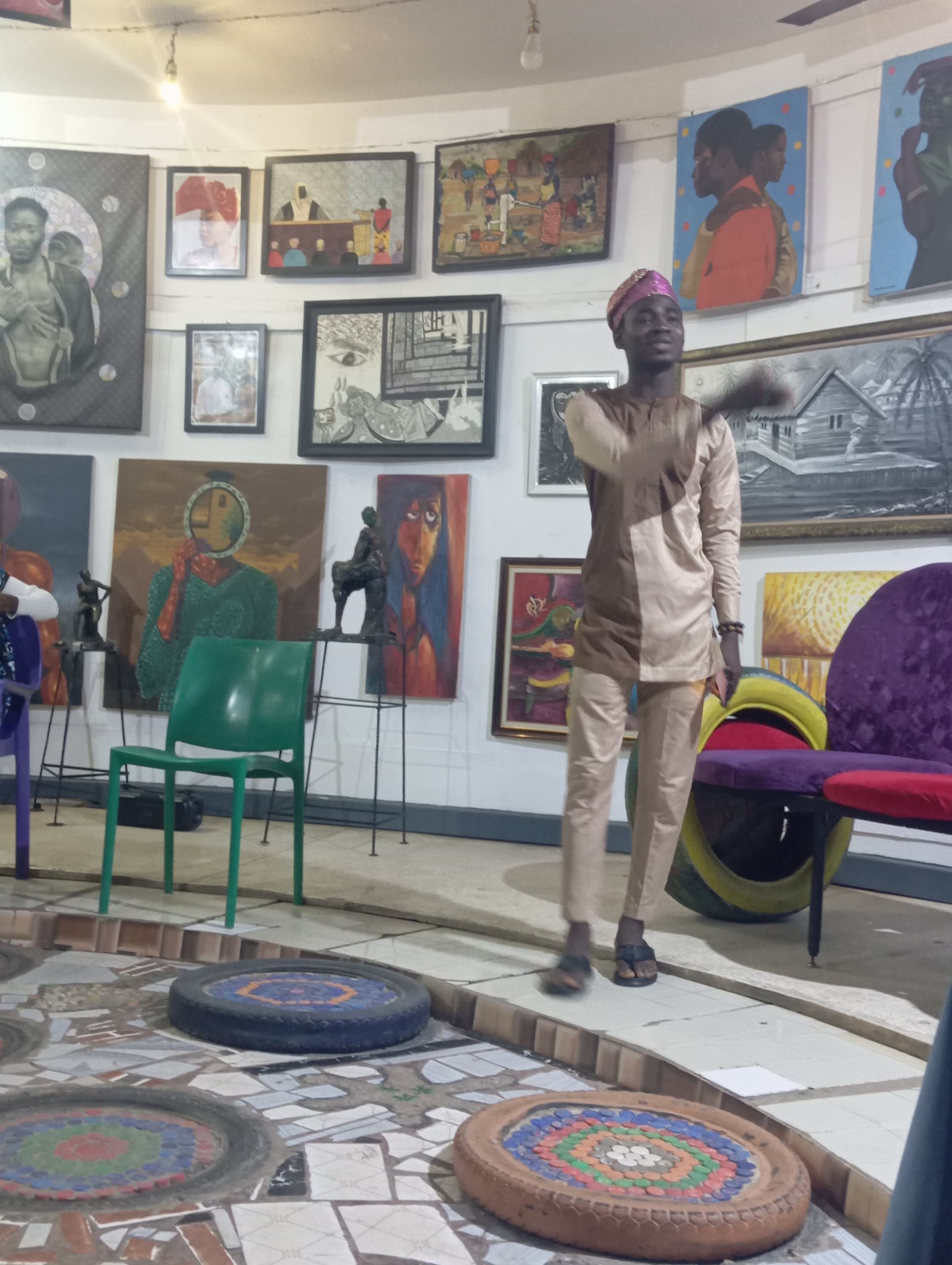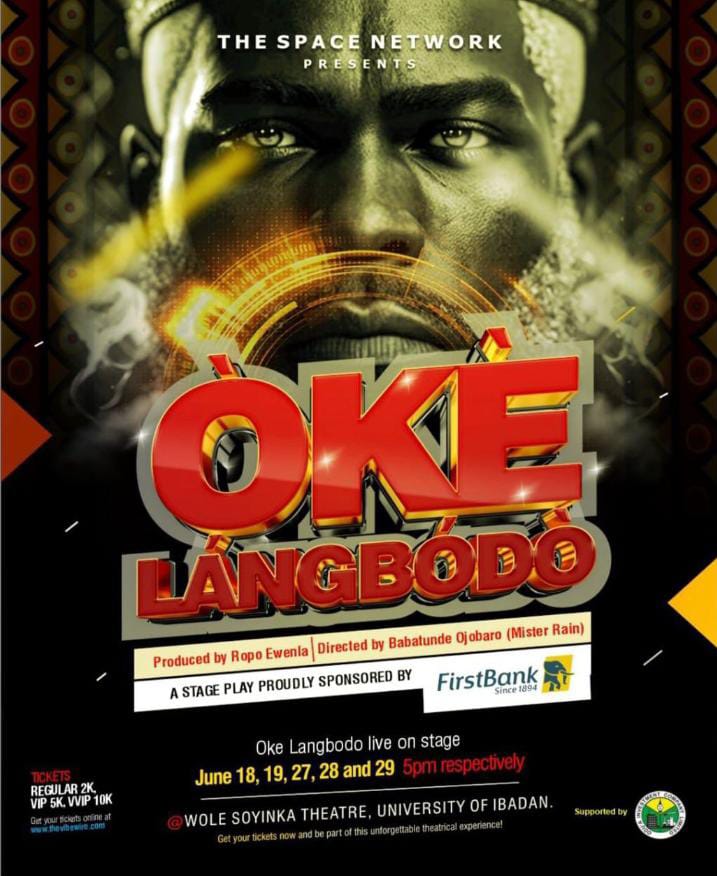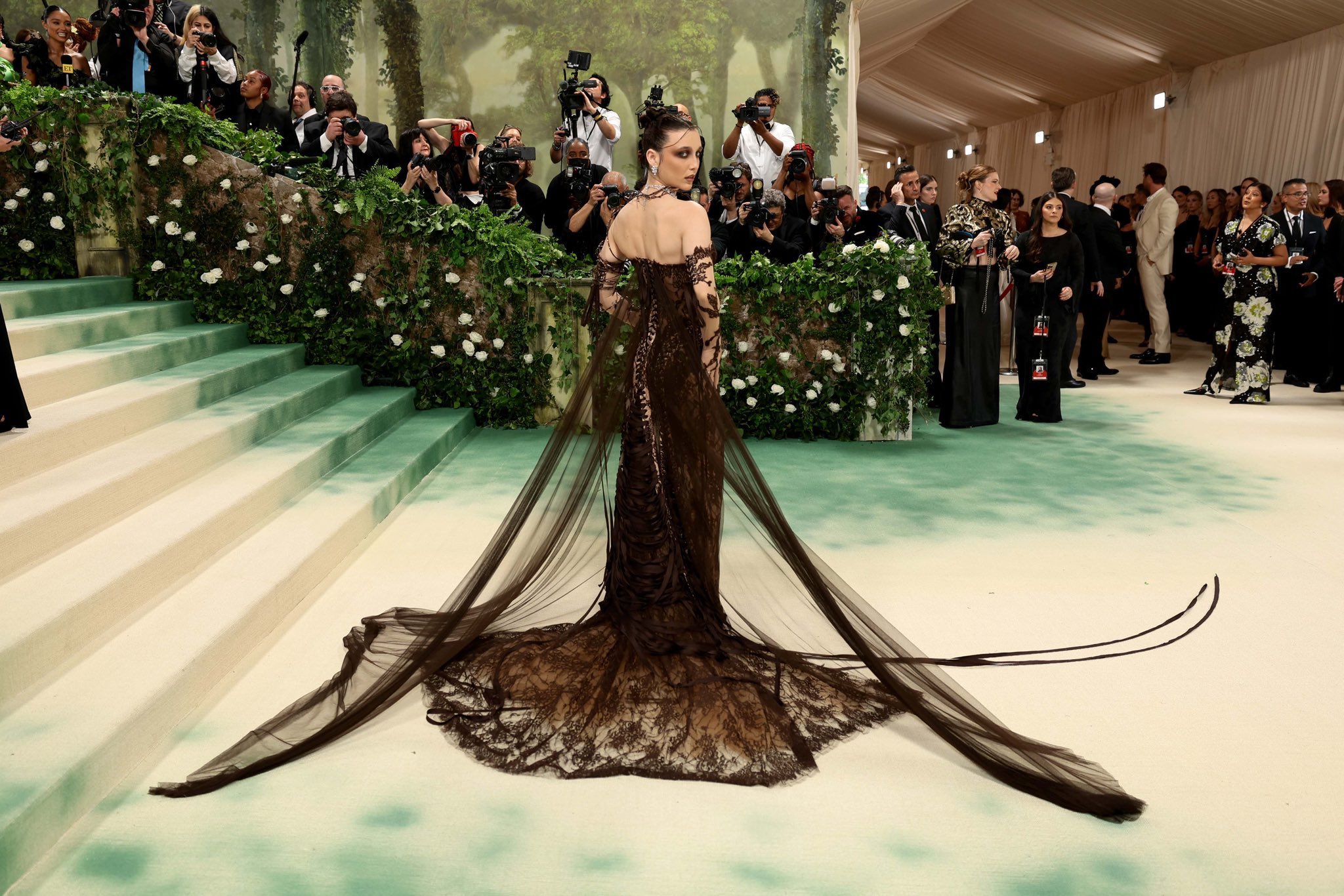The New Voices of African Music: The Rise of Women in Afrobeats

Africa’s music scene is currently experiencing a cultural renaissance, but this time, it’s not just about the beats or the rhythms. It’s about the voices. Over the last decade, female African artists have emerged not just as entertainers, but as cultural icons, social change agents, and powerhouses challenging the traditional narrative around African music. From the pulsing streets of Lagos to the highlands of Kenya, these women are using their platforms to reshape African identity, break barriers, and, in many cases, rewrite history.
For too long, African women in music were marginalized, their voices often drowned out by the dominance of male-led genres like Afrobeats and hip-hop. The 2000s and early 2010s saw few women making waves in the global music scene. While pioneers like Miriam Makeba and Angélique Kidjo had paved the way, there was a sense that the next generation of female artists had yet to claim their place in the spotlight.
That all changed when a wave of determined, fearless women began to rise through the ranks—artists like Tiwa Savage, Yemi Alade, and Simi. Their music didn’t just hit the airwaves; it reverberated across continents, challenging cultural norms and defying expectations. These women didn’t just make music for the masses—they crafted anthems of empowerment, identity, and social consciousness that resonated with audiences far beyond Africa’s borders.
Cultural Ambassadors: Music as a Story of Identity
Take Tiwa Savage, for instance. Widely recognised as the “Queen of Afrobeats,” Tiwa’s rise to fame was no accident. She became a trailblazer in an industry that was—and still is—dominated by men. But beyond her chart-topping hits like “Koroba” and “Attention,” Tiwa’s influence lies in how she’s used her music to carve out a space for African women in a genre historically underrepresented by their voices. By unapologetically blending Nigerian rhythms with global sounds, Tiwa has not only promoted Afrobeats to a global audience but she’s also brought African femininity to the forefront of a genre that was once male-centric.
Tiwa Savage wins MTV EMA’s Best African Act (2018)
Yemi Alade is another shining example of an artist using her platform for social change. With her infectious vocals and boundary-pushing style, Yemi quickly became a symbol of African womanhood—strong, fierce, and unapologetically herself. Her anthem “Johnny” became a cross-continental hit, but it’s her sophomore album, “Mama Africa” that solidified her as a global voice for female empowerment. Through her music, Yemi addresses social issues from gender inequality to the beauty of African heritage, showing the world that African women are not just part of the narrative, they are defining it.
And then there’s Simi, whose emotional depth and lyrical insight have turned her into a beloved voice across the continent and beyond. Simi’s music isn’t just for the charts—it’s for the soul. With soft melodies and introspective lyrics, she uses her platform to tell the stories of women in Africa, from love and heartbreak to strength and resilience. Through songs like “Tiff” and “Duduke,” Simi has proven that music can be a mirror to society, and a space for women to voice their stories and struggles.
A Global Movement: The Rise of the New Wave
Fast forward to the 2020s, and the movement is gaining even more momentum. Artists like Tems, Ayra Starr, Tyla, and Nikita Kering are not just continuing the work of their predecessors, they are taking it to new heights. With the power of social media and streaming platforms, these women are using digital spaces to not only distribute their music but to connect with fans across the world, creating a global community that celebrates African culture and identity.
Tems has been a game-changer for Afrobeats, blending soulful vocals with alternative R&B in a way that resonates with fans worldwide. Her global hit, “Essence,” with Wizkid, wasn’t just a song, it was a defining cultural moment. Tems’ rise to prominence signals a shift in the music industry, heralding one where African women are increasingly leading the charge. And now with multiple Grammy nominations under her belt in 2025, she’s not just making waves, she’s making history.
Tems wins big at the 2024 BET Awards
Ayra Starr’s rise has been nothing short of meteoric. Her debut single, “Away” was an instant success, capturing the energy of Nigerian youth. Ayra is a prime example of how African women are shaping a new sound—fearless, bold, and unapologetically modern. With her fusion of Afrobeats, pop, and high-energy performances, Ayra Starr is creating a space for young African women to embrace their individuality while staying connected to their roots.
And Nikita Kering, with her unique fusion of Afropop and Kenyan sounds, is quickly becoming one of Africa’s most exciting new voices. Her ability to blend traditional African rhythms with a modern twist is taking Kenyan music to international audiences and inspiring a new generation of young African artists to follow their own creative paths.
More Than Music: A Movement for Change
These women are more than just musicians—they’re cultural ambassadors. Through their music, they’re challenging perceptions of African women, pushing against outdated stereotypes, and claiming space in the global music industry. They are rewriting the script of African music, one song at a time, and encouraging others to tell their own stories.
In a world where African women have often been sidelined in the entertainment industry, these artists are shifting the narrative. They are not just making music—they are creating movements. They’re proving that African women are not only shaping the future of music, they are shaping the future of culture itself.
Tolulope Aladeolu



